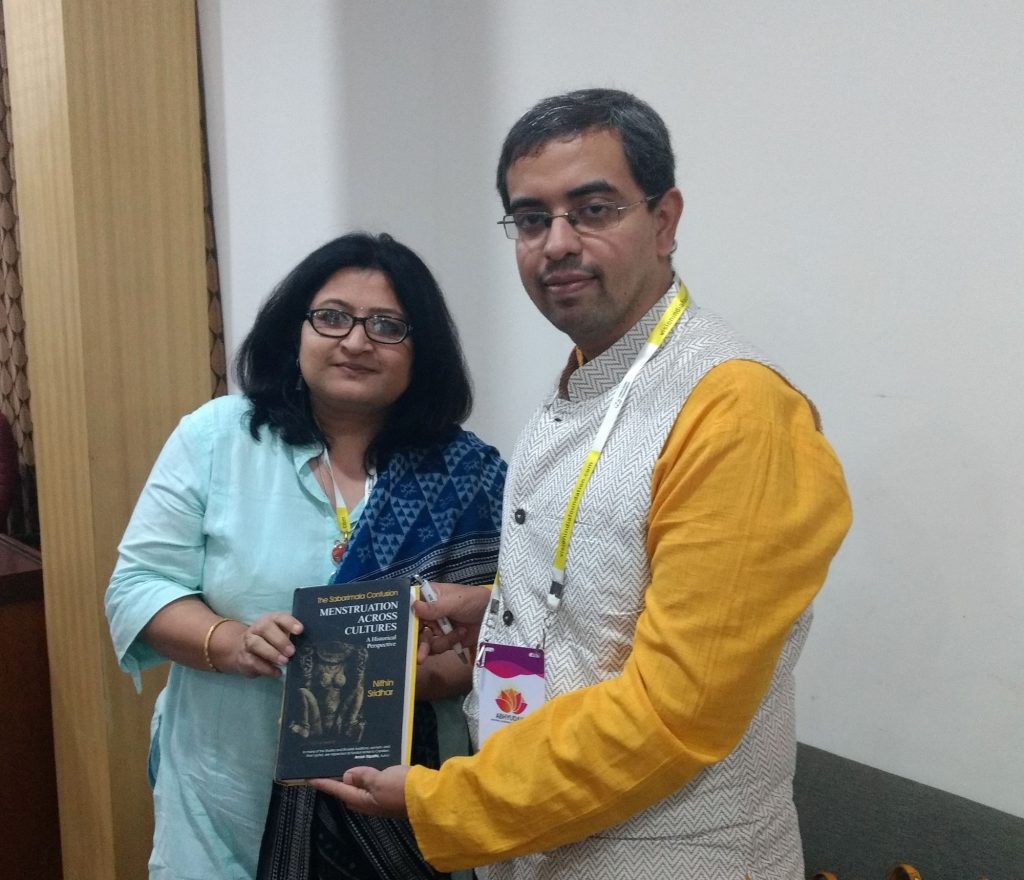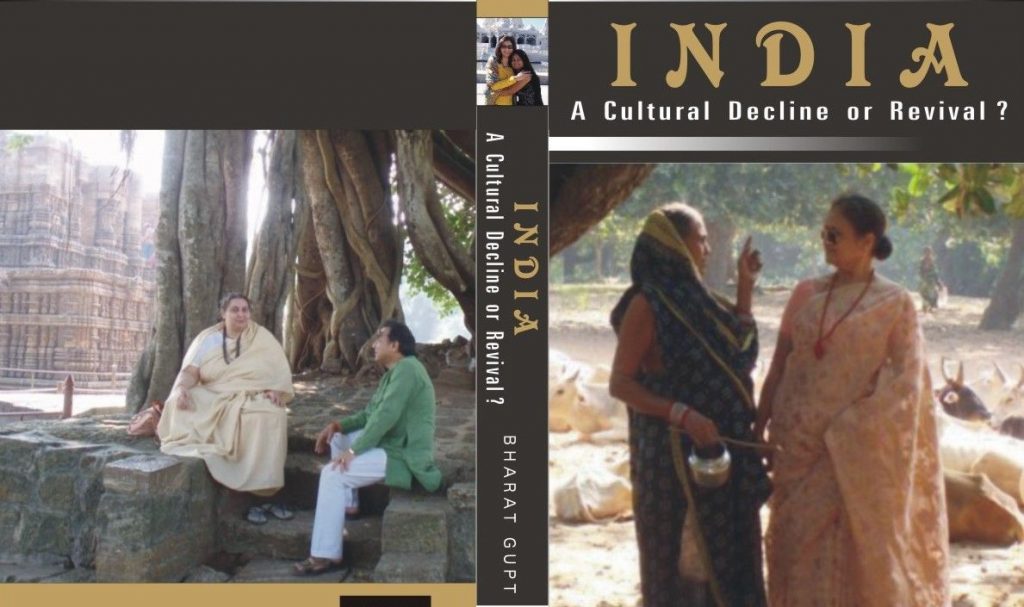“Try and Be Old-fashioned for a Day” – A Conversation with Sandeep Balakrishna (Part 3)
In this concluding part, Sandeep Balakrishna shares some general advice for the youth of India so that they can rise up in their being, grow and expand their imagination and intellect, and be a positive force for India’s cultural renaissance.
“Try and Be Old-fashioned for a Day” – A Conversation with Sandeep Balakrishna (Part 3) Read More »




